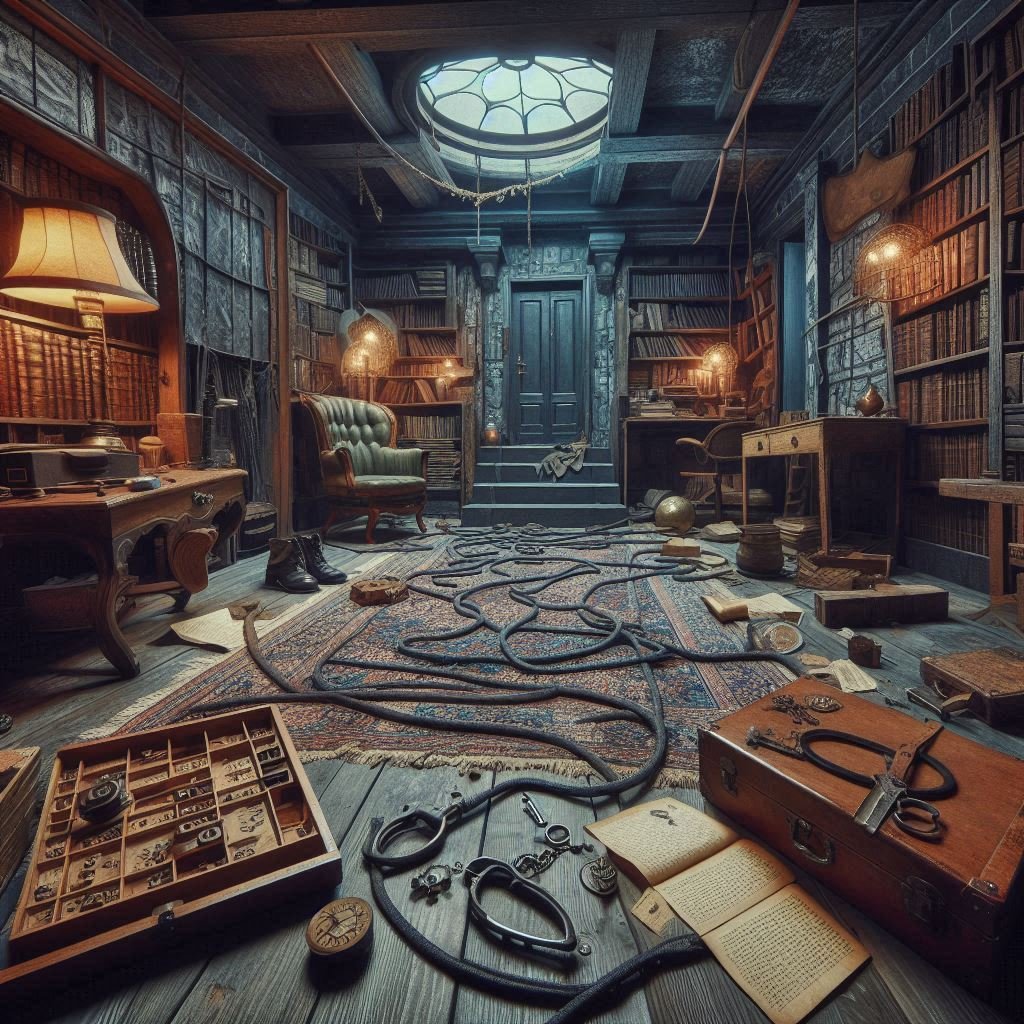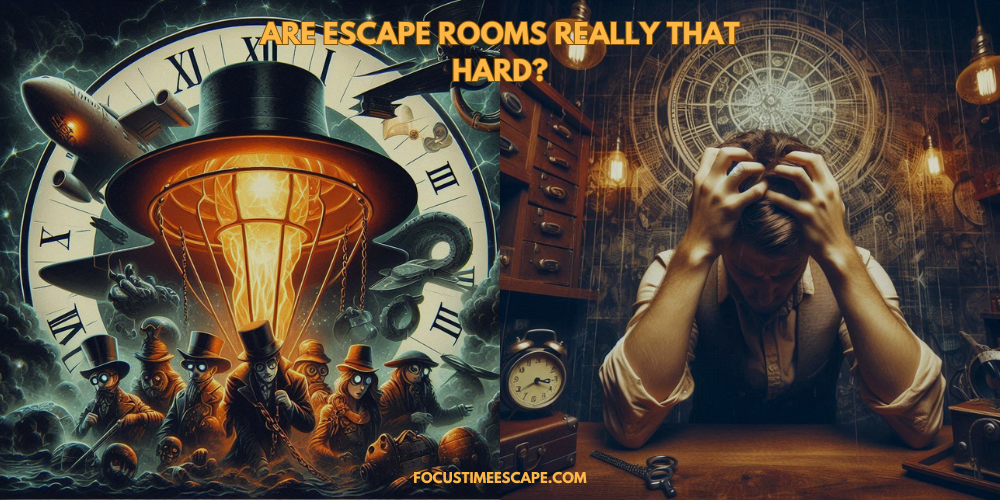Are escape rooms hard? It’s a common question for those new to the experience. As for complexity, escape rooms can be divided into different levels of difficulty, from the easy level to the professional one. Learning about the difficulty of escape rooms will aid you in choosing the best one to go for with your team to make it a really good adventure. Here is a detailed guide to assist you in finding a suitable escape room, depending on its level of challenge.
Understanding Difficulty Levels: Are Escape Rooms Really That Hard?
Escape room difficulty levels are crafted as complex to ensure they challenge different groups depending on the experience level available to them. Here’s a breakdown of the typical escape room difficulty levels:
Easy
Level 1 is the best for novices and groups with children and is considered a classic escape room. The puzzles are relatively simple and involve little more than basic logical thinking capabilities. These rooms are designed for newcomers or for those who want to avoid trying an Escape Room with a high difficulty level.
Medium
Medium-difficulty rooms are for individuals who may have had experience in previous escape rooms or who prefer a mid-level of difficulty. These rooms contain both basic and advanced levels of the teaser that require lateral thinking and collaboration. They are moderately complex, which means they are suitable for casual players because they are engaging without being too complicated.
Hard
If you want to have a high-quality time, then difficult escape rooms are the thing you are looking for as a player. These rooms contain complicated enigmas, and their solution sometimes calls for a high level of intelligence, logic and creativity. Every player must do their part well and ensure effective communication within the team. These rooms can be quite challenging and are better for those who are seeking an advanced escape room experience.
Expert
Most difficult escape rooms are the most challenging and are classified for those who consider themselves experienced players of escape rooms. The puzzles are complex, and the timelines provided could be much better. These rooms demand group work, critical thinking and effort. Standard or Advanced Rooms differ from the Expert Rooms because the latter is designed for enthusiasts who want to be challenged.

Assessing Your Team’s Ability
Before selecting an escape room, it’s essential to assess your team’s abilities. Consider the following factors:
- Experience Evaluate the experience level of your team members. Have they participated in escape rooms before? Experienced players may enjoy a medium or hard room, while beginners might prefer an easy room.
- Problem-Solving Skills Consider the problem-solving skills of your team. Are they good at puzzles and logical thinking? Teams with strong problem-solving abilities may handle more challenging rooms better. Puzzle difficulty ratings can help in identifying the best room for your team.
- Teamwork Effective communication and teamwork are crucial in escape rooms. Ensure your team can work together harmoniously, as this will significantly impact your success, especially in harder rooms.
- Stress Management Escape rooms can be intense, especially at higher difficulty levels. Choose a room that matches your team’s ability to handle pressure and remain calm under stress.
Choosing the Right Difficulty Level
The difficulty level in the game plays a significant role in making the escape room experience great. Here are some tips to help you choose:
- Know Your Team: Understand what your team is good at and what parts it is not well equipped to handle. Look at their experience, approach to issue identification and solving, and capacity to operate during emergencies.
- Start Easy: If you’re unsure, start with an easy room and choose a difficult escape room, depending on your free time. This will help you understand your team’s strengths and weaknesses and also develop confidence in your work.
- Research: Search for descriptions and feedback on the escape rooms you are planning to visit. Most places have a level of difficulty and information about the kind of puzzles to be expected.
- Ask for Advice: It is also important to consult the escape room staff to determine which one is most appropriate for your team’s proficiency level. This can assist you in finding a suitable room for your group.
- Mix It Up: When you plan to visit several escape rooms, introduce yourself to escape rooms with different levels of difficulty. This will prevent the task from becoming monotonous.
Conclusion
Escape rooms are challenging, exciting games that are available for all persons, irrespective of their level of expertise. Since each room has varying difficulty levels, it will also be possible to analyze your group and choose the appropriate room for the team. There is no way anyone with an interest in escape rooms can be disappointed, as there are escape rooms that will offer every one of them the perfect level of difficulty.
It is, however, important to remember that with an escape room, it’s not just about the escape but also the fun and cooperation that comes with the exercise. Therefore, recruit your team, select the mode’s appropriate difficulty level, and immerse yourselves in the thrilling experience of escape rooms!
